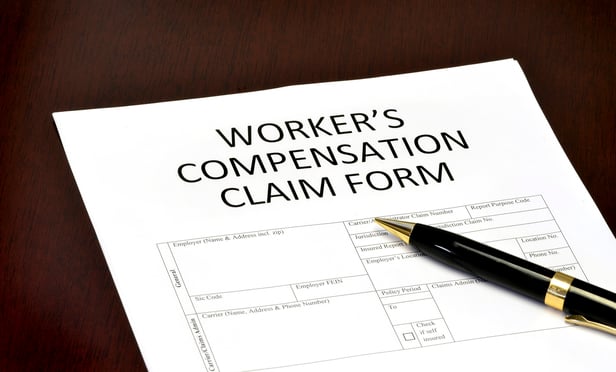Failing to include medical treatments for related injuries in a compromise and release agreement will disqualify an injured worker from receiving payments for treatments allegedly causally related to the work injury, despite having received past payments for treatment of the condition, the Commonwealth Court has ruled.
On Jan. 24, a split three-judge Commonwealth Court panel ruled in Amore Restaurant v. Workers’ Compensation Appeal Board that a workers’ compensation judge erred by using previous payment of the injured worker’s medical bills as persuasive evidence to grant the worker penalties. The court’s decision, which was issued as an unreported memorandum, overruled the workers’ compensation judge and the Workers’ Compensation Board of Appeals, which had supported the judge’s decision.
This content has been archived. It is available through our partners, LexisNexis® and Bloomberg Law.
To view this content, please continue to their sites.
Not a Lexis Subscriber?
Subscribe Now
Not a Bloomberg Law Subscriber?
Subscribe Now
LexisNexis® and Bloomberg Law are third party online distributors of the broad collection of current and archived versions of ALM's legal news publications. LexisNexis® and Bloomberg Law customers are able to access and use ALM's content, including content from the National Law Journal, The American Lawyer, Legaltech News, The New York Law Journal, and Corporate Counsel, as well as other sources of legal information.
For questions call 1-877-256-2472 or contact us at [email protected]



